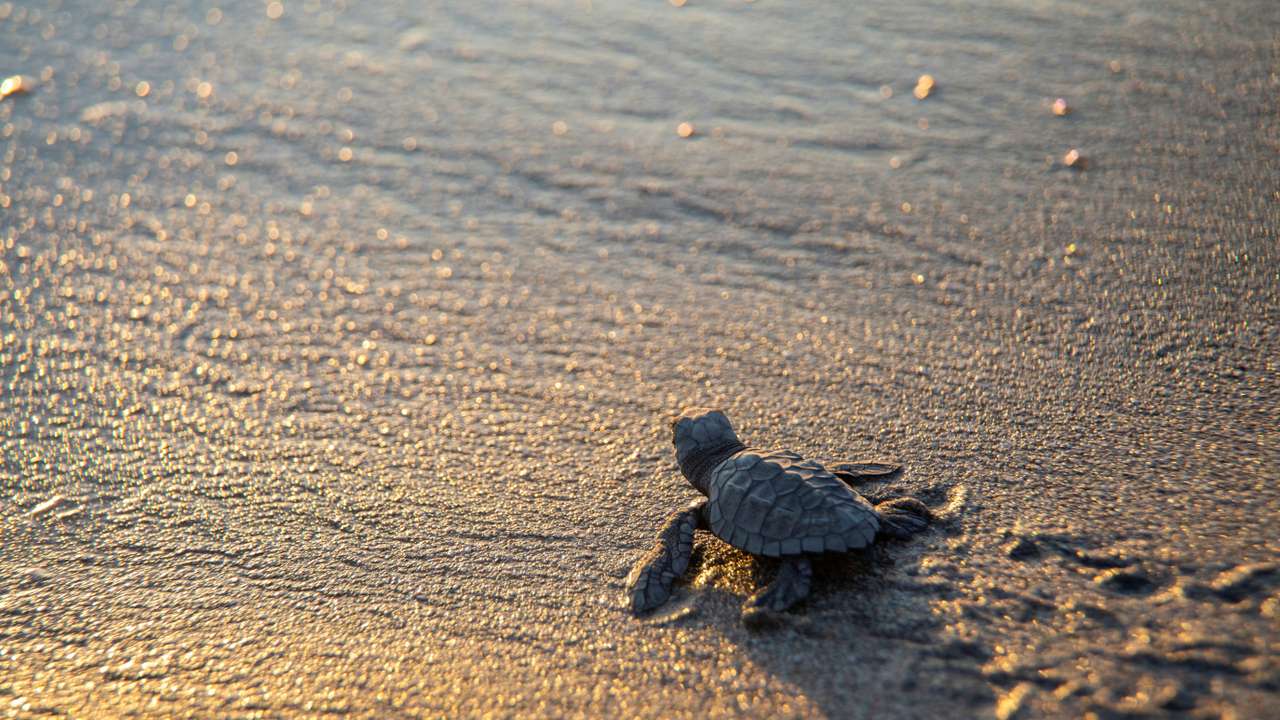Gazans resort to turtle meat for rare protein amid hunger crisis: Video

In the face of an 18-month-long war and a total Israeli blockade on humanitarian aid since March 2, Gazan fishermen have begun harvesting sea turtles as a rare source of protein.
The animals are caught in nets, butchered, and cooked with tomatoes, onions, peppers, and local spices - one of the few ingredients still found in the empty markets.
“When the war started, there was food shortage. There is no food. So [turtle meat] is an alternative for other sources of protein,” Abdel Halim Qanan, a local fisherman, told the AFP.
Majida Qanan, a 61-year-old displaced resident, described the scarcity, saying, “Crossings are closed and markets are empty. There are only cucumbers, tomatoes, and peppers. I buy two small bags for 60 or 80 shekels.”
She explained that the turtles, once caught, are shared among neighbours rather than sold for profit. “We distribute it to families, and everyone eats it and shares it. It is not for sale. We catch it and distribute it to those who are willing to eat it.”
For many Gazans, this practice is not entirely new. Abdel Halim Qanan recalls that turtle meat sustained his ancestors when they were displaced from Al-Jura, near Ashkelon, during the 1948 Arab-Israeli War. “Back then, they suffered from hunger and poverty, and they too consumed turtles,” he recalled.
Israel maintains that Hamas is diverting aid, a claim the militant group denies. Meanwhile, humanitarian corridors remain shut, and aid deliveries have stalled, leaving civilians increasingly cut off from vital resources.